Column

Azizur Rahman Mallick's life drew to an end twenty three years ago.
He was one of those men whose singular devotion to the country, which devotion came encapsulated in his efforts for better education for the young, has always been the pivot around which his life and with it its achievements have been measured. You think of Chittagong University and in the same breath you dwell on the place of Azizur Rahman Mallick in its history. Back in the later 1960s, as the university took shape, Abdul Monem Khan, governor of what was then Pakistan's eastern province, made it known that Mallick was not an individual he could appreciate. But then, Monem Khan saw little that was of significance in Bengali culture. It was one of those times when an upholding of the so-called Pakistan ideology was all that mattered to Monem Khan and the likes of him. And yet, for all his difficulty in coming to terms with Mallick's scholarly persona, the governor knew there was no one who could steer Chittagong University to the future better than the man behind its creation.
When you look back on the career that Dr. A.R. Mallick built steadily and passionately over a long period of time (and the passion was all over his preoccupation with education), you realise that his was an era that has passed. The values which once underscored the social construct in our clime have in these past many years become blurred, to a point where the idealism associated with academia appears to have gone missing somewhere and somehow. It is the realities of today which serve as a reminder, in that rather incongruous way, of the principles of yesterday. The scholar in Mallick came forth with such intellectual attainments as the pretty seminal British Policies and the Muslims of Bengal. Of course, there have been his detractors where the theme covered in the work is concerned. But from his perspective, Mallick opens a window to our understanding of the vagaries of fortune and the twists of human action Bengal went through in the colonial era.
And then, like so many others, Azizur Rahman Mallick went through a necessary evolution of his individuality and his worldview. The state of Pakistan, it is safe to suggest, propelled leading Bengalis in the 1960s into a transformation of their political thoughts, all of which converged at a point where Bengali nationalism showed signs of sprouting and then expanding outward as an indestructible force. In the War of Liberation, Mallick's was one of the leading voices in the Bengali intellectual tent, desperate about getting Bangladesh's message out to the wider world beyond the refugee camps and the fields of war. There were others doing similar work --- Justice Abu Sayeed Chowdhury, Rehman Sobhan, A.M.A. Muhith, Amirul Islam, M.R. Siddiqui, indeed a whole tribe determined to provide substance to the cause. Mallick was part of the charmed circle.
In free Bangladesh, it was Mallick's task to preside over the ministry of education as its first secretary. Never having been a bureaucrat, he ought to have felt out of place. The surprise is that he did not and in fact he brought an intellectual flair to the job. But perhaps one of the crowning achievements in Mallick's career was his stint as Bangladesh's first high commissioner to India. It was a decision that came from Bangabandhu Sheikh Mujibur Rahman. And it had profound implications for the new nation. Here was a scholar going out to speak for his country, in much the same way that John Kenneth Galbraith had once spoken for America and Krishna Menon had once served as India's voice in the West. Mallick's presence in Delhi added urbanity and intellectual substance to Bangladesh's diplomacy. It is a pity that after him, no government has thought it necessary to repeat the pattern.
A challenging moment came for A.R. Mallick when he was asked to replace the iconic Tajuddin Ahmed as finance minister in late 1974. He met that challenge bravely and right up to Bangabandhu's assassination in August of the following year he proved adept in handling a ministry on which rested the economic hopes of a beleaguered country.
Read Mallick's Amar Jibon Katha O Bangladesher Mukti Sangram. It is a testament to the best and the worst of times we have lived through. He speaks of his dreams and the fulfillment of his aspirations. He dwells on the men he has had interaction with, the observations resting upon the degree of insight that only a scholar can lay claim to. Mallick exuded humour in as much as he brought gravitas to bear on a study of the world around him.
It is time to recall the scholar in Azizur Rahman Mallick. His was a generation whose ideals we still hold dear, for those ideals continue to speak to us of old-fashioned values.
(Dr. A.R. Mallick --- academic, diplomat and cabinet minister --- was born on 31 December 1918 and passed away on 4 February 1997)









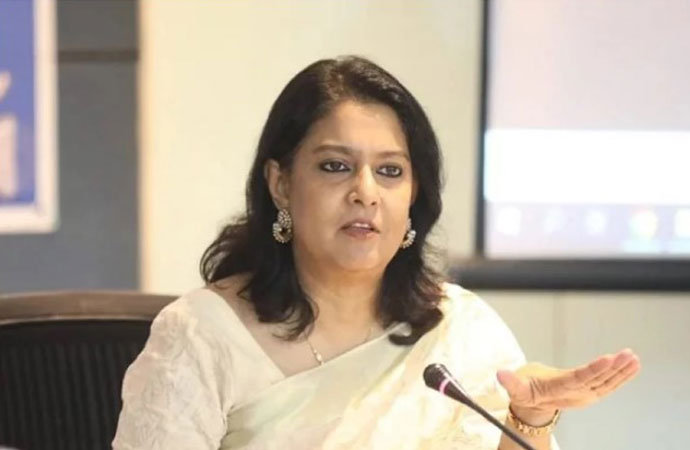
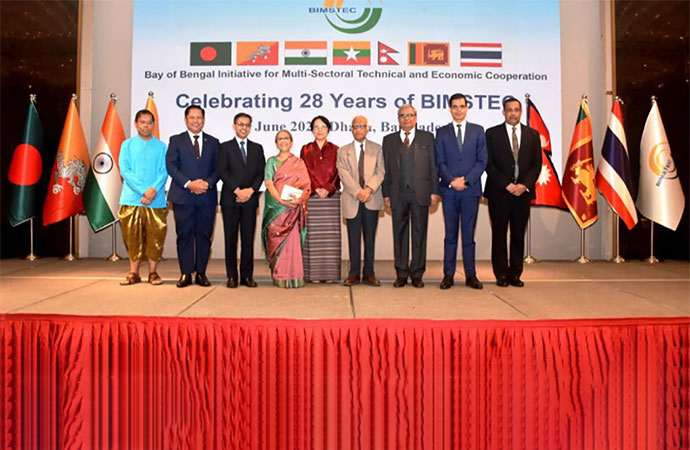











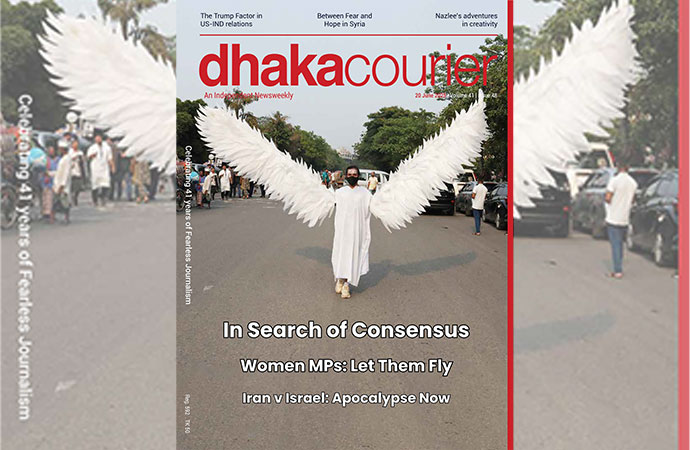
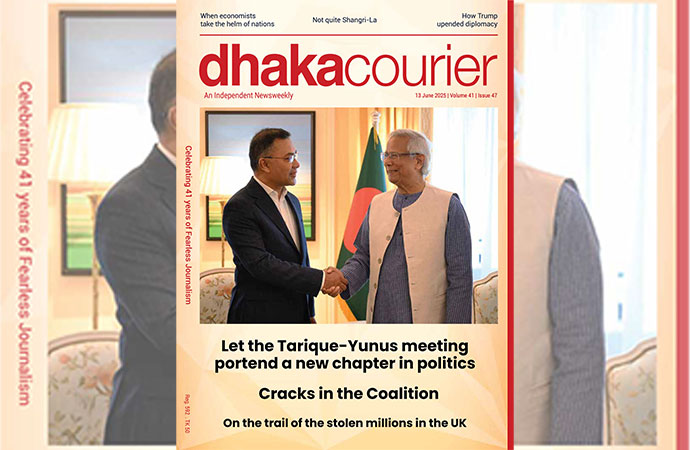
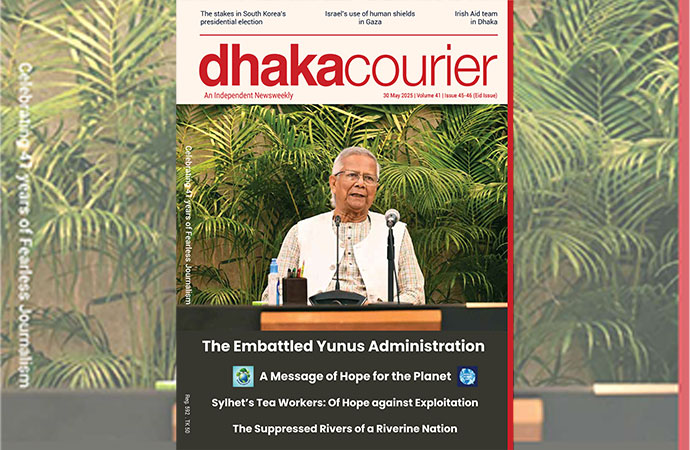
Leave a Comment
Recent Posts
‘Married to Journalism’: Adieu ...
The journalist community of the country united this week in bidding go ...
Reimagining the OST: ‘Utshob’ ...
One of the most successful Bangladeshi films in recent years, 'Uts ...
Harrowing stories of rescue emerge from Texas floods ..
The Resilience of World Trade
Heeding the Lessons of India’s “Emergency”
Sunamganj’s age-old boat market struggles as monsoon ..